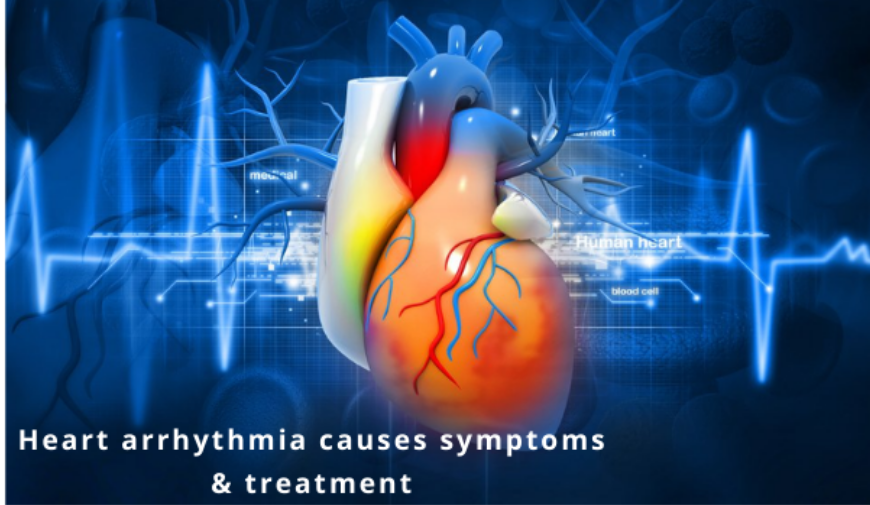
Heart arrhythmia causes symptoms & treatment
Know About Arrhythmia
An arrhythmia can be described as an irregular heartbeat. With this medical condition, an individual’s heart may beat too fast, too slow, too early, or with an irregular rhythm. It can be a medical emergency, or it could be harmless. But ensure to report to your healthcare professional if you feel something unusual is happening with your heartbeat.
Arrhythmias occur due to non-efficient or improper functioning of the electrical signals that coordinate heartbeats. It may feel like the heart added a beat, skipped a beat, or it is “fluttering.” You may feel it is beating rapidly (tachycardia in medical terms) or too slow (bradycardia in medical terms), or you might not notice anything.
In this blog, you are likely to get a basic overview of this medical condition, its symptoms, causes, first aid, self-treatment, doctor’s treatment, and precautions that need to be taken to avoid arrhythmia.
What is Arrhythmia?
Arrhythmia refers to a category of medical conditions that cause your heart to beat irregularly, too quickly, or too slowly. Several classes of arrhythmia include:
- tachycardia, or a fast heartbeat
- bradycardia, or a slow heartbeat
- early heartbeat, or premature contraction
- irregular heartbeat also called a flutter or fibrillation
Nearly everyone is likely to experience an abnormal heart rhythm at least once. This medical condition is common and usually harmless, but it may be problematic in some cases. When an arrhythmia interferes with blood flow in your system, it can damage your brain, lungs, and other vital organs. If not treated on time, arrhythmias may be life-threatening.
Most arrhythmia cases are not severe and less likely to cause complications. However, some may increase the risk of heart stroke or cardiac arrest. Some individuals may notice their doctor using the term “dysrhythmia” while referring to an irregular heartbeat. Although arrhythmia and dysrhythmia have a similar meaning, arrhythmia is more prevalent.
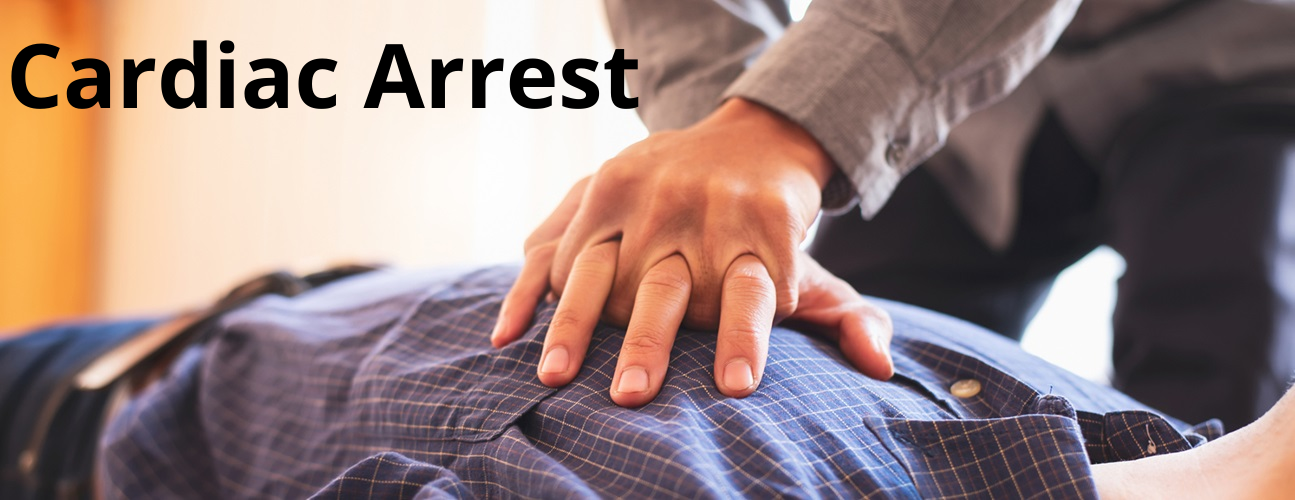
When and why does it happen?
Arrhythmia can occur due to physical, medical, emotional, or genetic causes. In some cases, it is challenging to find when and why it happens. Antibiotics and other drugs can trigger arrhythmia in people. These may include medications that are usually prescribed to treat:
- high blood pressure
- allergies
- depression
- colds
Physical alterations to the heart or changes in blood flow can also cause arrhythmia. Other medical health conditions may also be responsible, including:
- dehydration
- high blood pressure
- sleep apnea
- thyroid disorder
- diabetes
- electrolyte imbalance, including low levels of potassium, calcium, or magnesium.
In some cases, other physical or lifestyle factors can also be held responsible for the arrhythmia. These include exercise, smoking, coughing, drinking alcohol, or strong emotions such as anger, stress, or anxiety.
Symptoms of arrhythmia
Arrhythmia is less likely to cause noticeable symptoms. However, an efficient healthcare professional may detect an arrhythmia during a routine medical examination or after requesting an electrocardiogram (EKG).
Even if you notice symptoms, it does not necessarily say that you have a severe arrhythmia. Some individuals with life-threatening arrhythmias may experience no symptoms, while others with similar symptoms may have severe arrhythmia. The signs vary depending upon the type of arrhythmia, as follows:
Symptoms of tachycardia (rapid heartbeat) include:
- dizziness
- breathlessness
- fluttering in the chest
- fainting or nearly fainting
- lightheadedness
- chest pain
- sudden weakness
Bradycardia may cause the following symptoms:
- trouble concentrating
- angina, or chest pain
- finding exercise more difficult than usual
- confusion
- tiredness
- dizziness
- heart palpitations
- lightheadedness
- profuse sweating
- shortness of breathing
- fainting or nearly fainting
Symptoms of A-fib (usually occur with rapid onset) may involve:
- breathlessness
- angina
- palpitations
- dizziness
- weakness
- fainting or nearly fainting
What is the situation of arrhythmia?
In the arrhythmia situation, the heart beats too fast or too slow. It may also cause an irregular pattern. Tachycardia is the time when the heart beats faster than usual, while in bradycardia, the heart beats slower than expected.
The age group that faces this situation the most is 60 years and old. It can occur in older adults due to the wear and tear of their hearts. Although, other health and heart conditions can also play a role.
What to do in this situation and how to overcome it?
Here is a list of some actions you can take to overcome this medical situation:
Deep and Mindful Breathing
Deep breathing can help you calm and relax your nerves during arrhythmia.
- Close your eyes and sit quietly,
- put one hand on your stomach,
- breathe in through your nasal, feel your stomach is stretching out
- breathe out gradually through your mouth. Repeat the whole process.
Vagal Maneuvers
Here are some simple steps to rapidly slow down a rapid heart rate of more than 100 beats per minute. Your healthcare professional may call it a supraventricular heartbeat tachycardia. Vagal maneuvers function by engaging the automatic reflexes of your body.
Face in Cold Water
If you dunk your face into icy water, it can stimulate your vagus nerve, and your system may respond by lowering your heart rate.
Yoga
People with arrhythmia who do regular yoga are likely to feel better and lower blood pressure and heart rates. Scientists believe that simple body movement and deep, steady breathing can calm your nervous system. And, it may work even during an episode.
Medication in this situation
Your healthcare professional may prescribe medication that can help you manage your arrhythmia symptoms and prevent complications, including a heart attack. Most of the drugs for this medical condition come in pill form, but some are available in intravenous drug form during an emergency.
The medication they recommend depends upon the type of arrhythmia and other conditions you might have. Common arrhythmia treatment drug types include:
- Antiarrhythmic drugs can treat premature heartbeats (including amiodarone, propafenone, and more) and tachycardia. However, such medicines may cause the severe and problematic side effect proarrhythmia, worsening the pre-existing arrhythmia and generating a new one.
- Beta-blockers: These drugs slow the heart rate that further helps treat tachycardia. Beta-blockers include metoprolol, acebutolol, and other medications.
- Calcium channel blockers: This group of medications includes amlodipine and diltiazem. They help lower your heart rate and blood pressure and can be used for an extended period.
- Anticoagulants: These drugs help prevent blood clots, the primary cause of atrial fibrillation. Blood thinners include rivaroxaban, warfarin, and more. Is side effects may include excessive or internal bleeding.
Precautions
An individual can take a few measures to reduce the risk of arrhythmia. These actions include avoiding regular alcohol or illegal drugs, staying active, and limiting caffeine intake. To reduce the chances of getting arrhythmia, you may perform at least 150 minutes of moderately intense physical exercise every week.
It is essential to understand the reason behind your arrhythmia to prevent the condition. So, some preventable triggers may include:
- smoking
- stress or anxiety
- alcohol
- caffeine
- specific medications and some street drugs
Talk to your healthcare professional if you think any drugs worsen your medical condition. Do not stop taking or changing your doses or medication on your own. A healthy lifestyle can benefit you and help you prevent and manage arrhythmia. We suggest you do your best by:
- following a healthy diet with reduced fat and salt
- exercise regularly
- if you smoke, stop smoking
- reduce stress
- stay within a healthy weight range
- limit alcohol assumption
- maintain healthy cholesterol levels and healthy blood pressure.
Here is a list of some factors that are likely to increase a person’s risk of arrhythmia:
- being 65 years of age or older
- underlying heart problems
- inherited genetic anomalies
- some prescription medications and over-the-counter (OTC) drugs
- hypothyroidism or hyperthyroidism
- hypertension
- obesity
- obstructive sleep apnea
- uncontrolled diabetes
- illegal drug use or abuse
- too much caffeine
- electrolyte imbalances
- heavy and regular alcohol consumption
Conclusion
Among the types of heart arrhythmias, most of them are harmless. It is nearly possible for every one of us to experience arrhythmia at one time or another. It usually goes unnoticed.
Some arrhythmias are not that harmless, though. How you take it depends upon the type of severity of your medical condition. Remember, good medical care can treat even the most severe arrhythmia, and most people with this problem can later live everyday life.

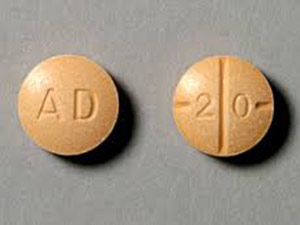
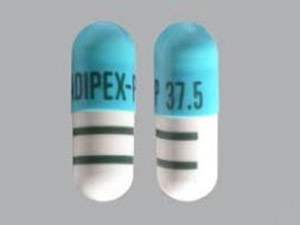
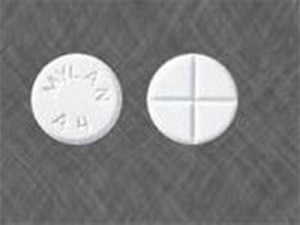
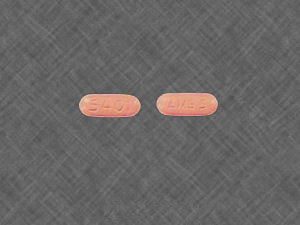
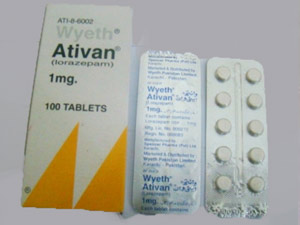
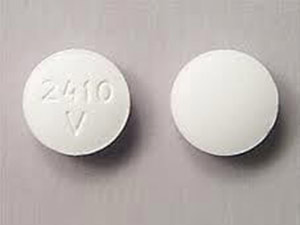
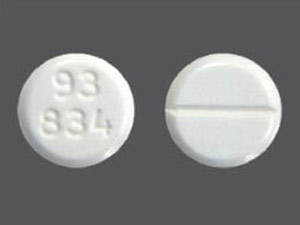
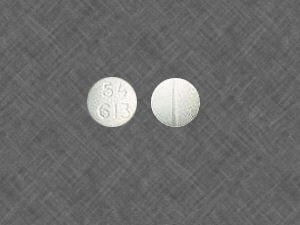
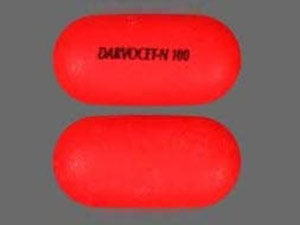
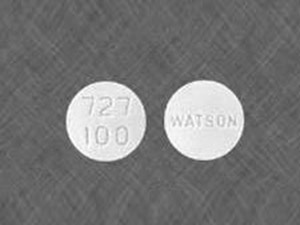
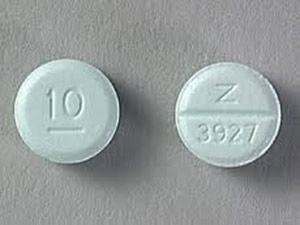
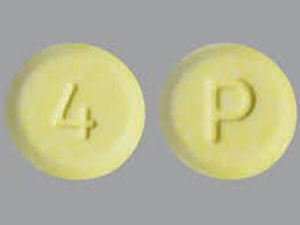
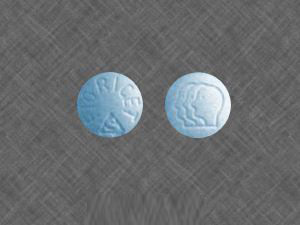
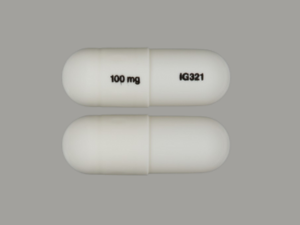
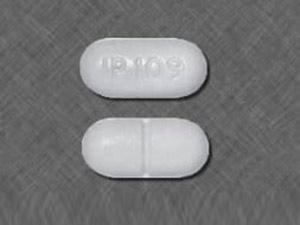
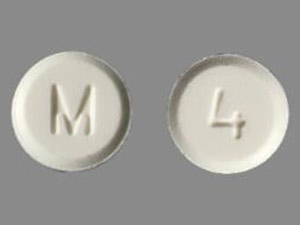
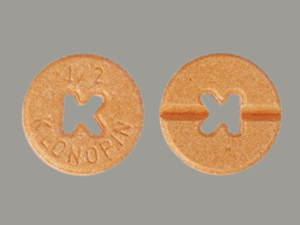
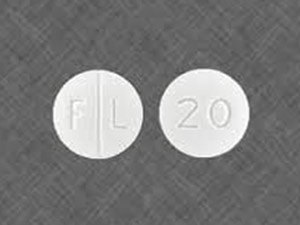
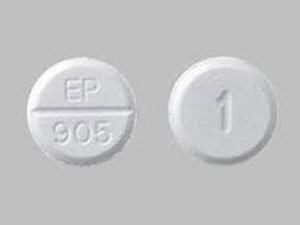
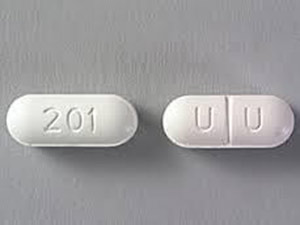
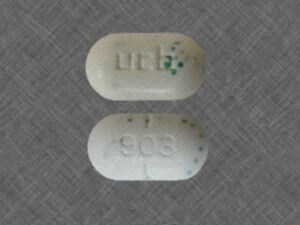
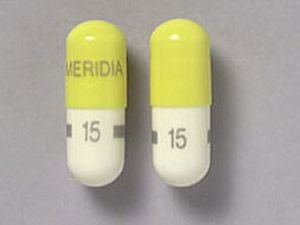
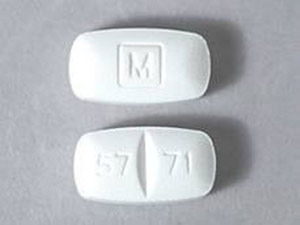
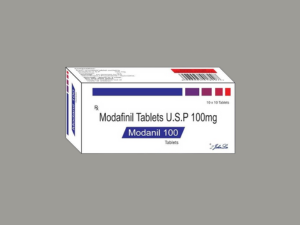
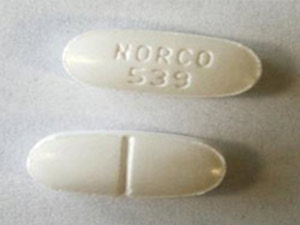
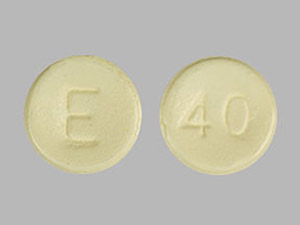
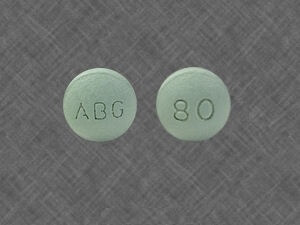
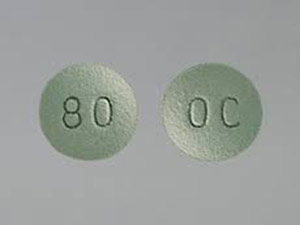
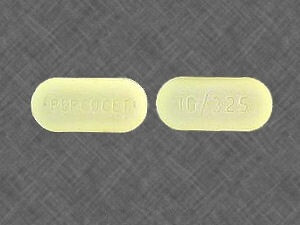
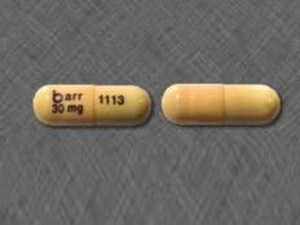
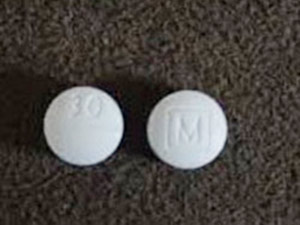
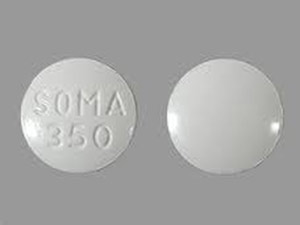
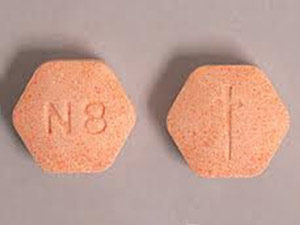
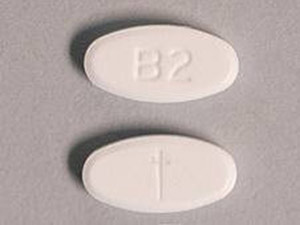
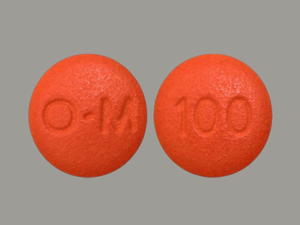
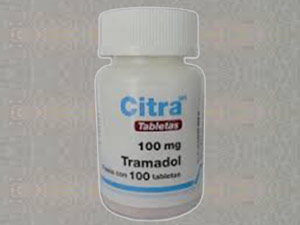
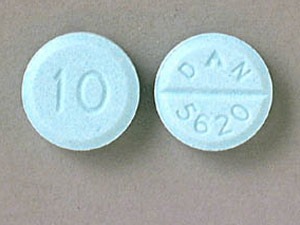
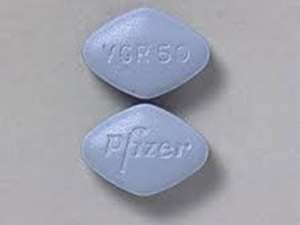
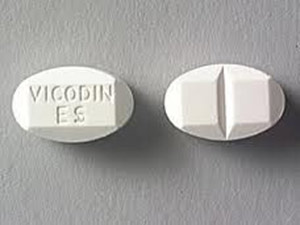
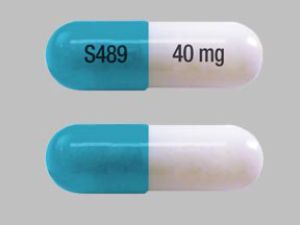
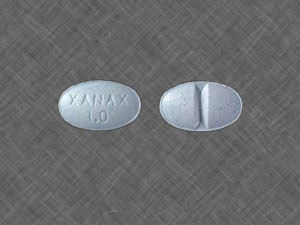
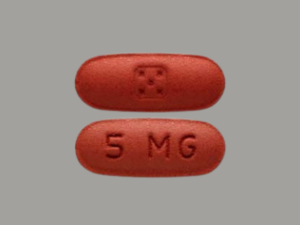
One thought on “Heart arrhythmia causes symptoms & treatment”